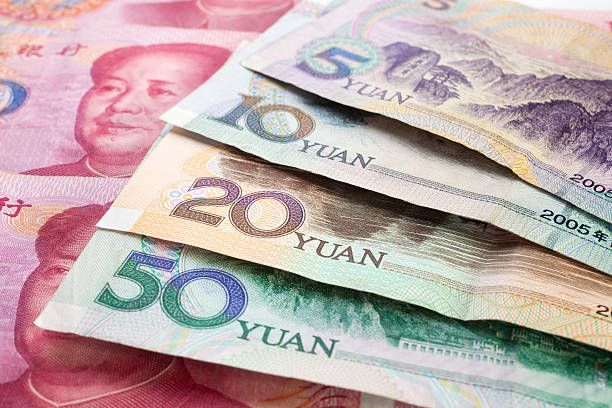
(Jan 30): China’s benchmark government bond yield dropped to its lowest in nearly 22 years, hitting 2.48%, a level not seen since 2002. This decline reflects growing expectations for additional monetary easing as China grapples with a fragile economic recovery and a stock-market downturn.
The decline in the 10-year sovereign note yield comes amid a prolonged housing slump and weakened investor sentiment in the stock market. These factors have prompted calls for more aggressive stimulus measures to spur growth. Consequently, there’s an increasing demand for safe-haven assets, driven by concerns over continued weak consumption and the ongoing property market downturn. In response, Beijing has already begun to loosen monetary policy, notably surprising the market last week with a cut in the reserve requirement ratio (RRR) for banks.
Economists like Woei Chen Ho of United Overseas Bank suggest that yields are likely to decrease further, influenced by expectations of a rate cut. “For longer-term yields, the market is also pricing in expectations that growth will settle into a lower range in the coming years,” Ho added.
Despite concerns about currency volatility and the uncertainty over when the US Federal Reserve will begin reducing interest rates, the People’s Bank of China (PBOC) has indicated readiness for more easing measures. The PBOC governor acknowledged signs of a policy shift in the US, suggesting that the convergence of policies between the world’s two largest economies could provide more leeway for China’s monetary operations. The governor also reassured that China’s financial risks are manageable.
With market expectations growing for a rate cut in February, especially following the PBOC’s unexpected RRR reduction, investors are closely watching Beijing’s next moves. Ming Ming, chief economist at Citic Securities, noted the increasing traction of these expectations.
As part of its efforts to boost market sentiment, Beijing has pledged to open its bond trading to international investors, enhancing the range of potential buyers. This month, officials have committed to increasing foreign access to the onshore market through repurchase agreements. These agreements are a popular tool for traders to borrow and lend short-term funds using yuan bonds as collateral.
This shift towards bonds occurs as investors lose interest in stocks. In December, bond funds raised 13 times more capital than their equity counterparts, as reported by Z-ben Advisors Ltd, a Chinese analysis firm. According to Kiyong Seong, lead Asian macro strategist at Societe Generale SA, the liquidity in the market remains high, and the consensus is moving towards further easing by the PBOC, including policy rate cuts. However, Seong cautioned that the rate and extent of the rally in China’s rates would likely be modest.
China’s economic landscape is marked by a delicate balance between stimulating growth and managing financial risks. The government’s recent policy moves, particularly in the bond market, are critical steps in navigating this balance. The anticipated rate cuts and increased foreign access to bond markets represent Beijing’s efforts to stabilize the economy and attract international investment.
The shift in focus to bond markets coincides with broader global economic trends, where investors are increasingly seeking stability in government bonds amidst uncertainties in equity markets. China’s efforts to bolster its bond market align with these trends, providing a potentially attractive avenue for investors seeking safe-haven assets.
In conclusion, China’s bond market is witnessing a significant transition, shaped by economic challenges and strategic policy shifts. As the PBOC and the government continue to navigate these challenges, the bond market will likely remain a key barometer of China’s economic health and investor confidence. The coming months will be crucial in determining the effectiveness of these policy measures and their impact on both the domestic and global financial landscape.
Featured image credit: travellinglight via iStockphoto
